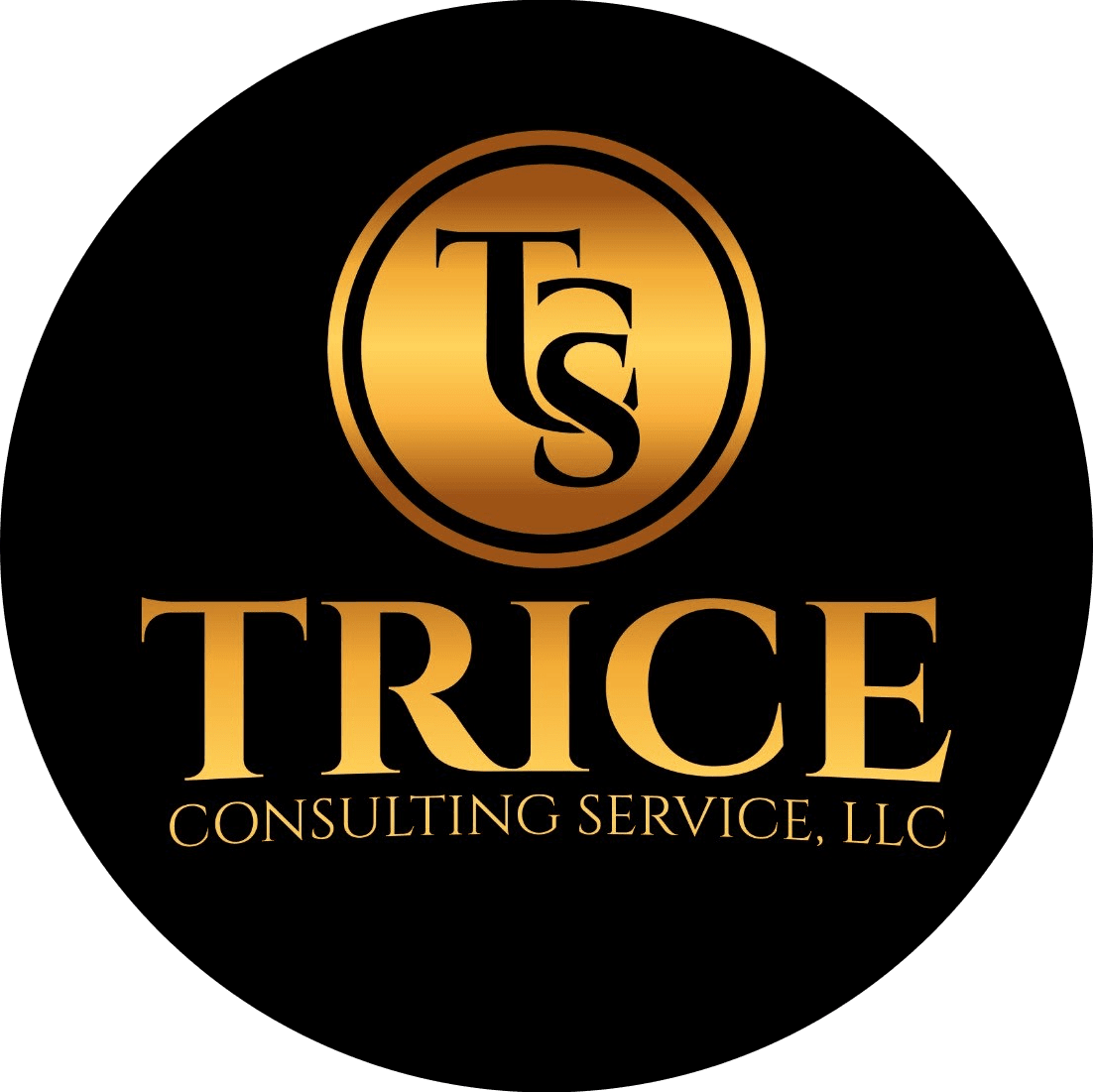Effective Business Strategies for Sustainable Growth

In today's dynamic marketplace, businesses need to develop and execute effective strategies to thrive. Whether you're a startup or an established company, having a solid plan in place is essential for long-term success. In this blog, we will explore key business strategies that can help organizations grow, improve efficiency, and better serve their customers.
1. Understand Your Market
The foundation of any successful business strategy is a deep understanding of your market. Conduct thorough market research to identify your target audience, understand their needs, preferences, and pain points. Utilize tools like surveys, interviews, and industry reports to gather data. This information will help you tailor your products or services effectively and position your business to meet market demands.
2. Focus on Customer Experience
Providing an exceptional customer experience is crucial for attracting and retaining customers. Develop strategies to enhance every touchpoint of the customer journey, from website navigation and product delivery to customer support. Consider implementing feedback loops, such as surveys and reviews, to continuously gather insights and improve service. Loyal customers are more likely to become brand advocates, driving referrals and repeat business.
3. Embrace Digital Transformation
In an increasingly digital world, integrating technology into your operations can streamline processes and boost efficiency. Consider adopting digital tools for project management, marketing automation, and customer relationship management (CRM). Utilize social media and content marketing to engage with your audience and enhance brand visibility. Staying ahead of technological trends can distinguish your business from competitors.
4. Innovate Continuously
Innovation should be part of your business culture. Encourage employees to contribute ideas and explore new ways to enhance products, services, or internal processes. Stay informed about industry trends and advancements. Regularly assess your offerings to ensure they remain relevant and competitive in the market. Businesses that innovate consistently can adapt to changing circumstances and seize new opportunities.
5. Build Strategic Partnerships
Collaborating with other businesses can create mutual benefits and expand your reach. Look for potential partners whose strengths complement your offerings. Collaborations can lead to cross-promotion, shared resources, and access to new customer segments. Establishing strong relationships within your industry can enhance credibility and increase opportunities for growth.
6. Implement a Data-Driven Approach
Leverage data analytics to make informed decisions about your business strategies. Analyze sales data, customer behavior, and market trends to identify opportunities for improvement. Data-driven insights can help optimize pricing strategies, marketing campaigns, and inventory management. By monitoring key performance indicators (KPIs), you can make real-time adjustments to stay on track toward your goals.
7. Diversify Your Offerings
Expanding your product or service lineup can open new revenue streams and reduce dependence on a single market. Consider diversifying into related fields that align with your core competencies or exploring new niches within your industry. Conduct a thorough analysis of market demand and feasibility before launching new offerings to ensure they meet customer needs.
8. Invest in Employee Development
Your team is one of your most valuable assets. Investing in employee training and development not only enhances skills but also boosts morale and job satisfaction. Create a culture of continuous learning by offering workshops, mentorship programs, and opportunities for professional growth. A motivated and skilled workforce leads to improved productivity and innovation.
9. Monitor Your Competition
Keeping an eye on competitors is vital for staying relevant in the market. Conduct regular competitor analyses to understand their strengths, weaknesses, strategies, and customer feedback. This insight will allow you to differentiate your offerings and identify gaps in the market that you can exploit.
10. Set Clear Goals and Metrics
To successfully execute your business strategies, set specific, measurable, achievable, relevant, and time-bound (SMART) goals. Establish clear metrics to track progress and assess the effectiveness of your strategies. Regularly review and adjust your goals based on performance data and changing market conditions.
Conclusion
Implementing effective business strategies is essential for achieving sustainable growth in today's competitive landscape. By understanding your market, focusing on customer experience, embracing innovation, and fostering strong partnerships, you can position your business for success. Continuous learning and adaptation will allow you to navigate challenges and seize new opportunities, setting you on the path to long-term viability and growth. Take the time to assess your strategies regularly and remain agile in your approach as you move forward.
Contact Me
Connect With Me
I invite you to reach out with any questions or inquiries regarding my consulting services. Your journey toward success begins with a conversation, and I look forward to discussing how I can assist you in achieving your goals.
